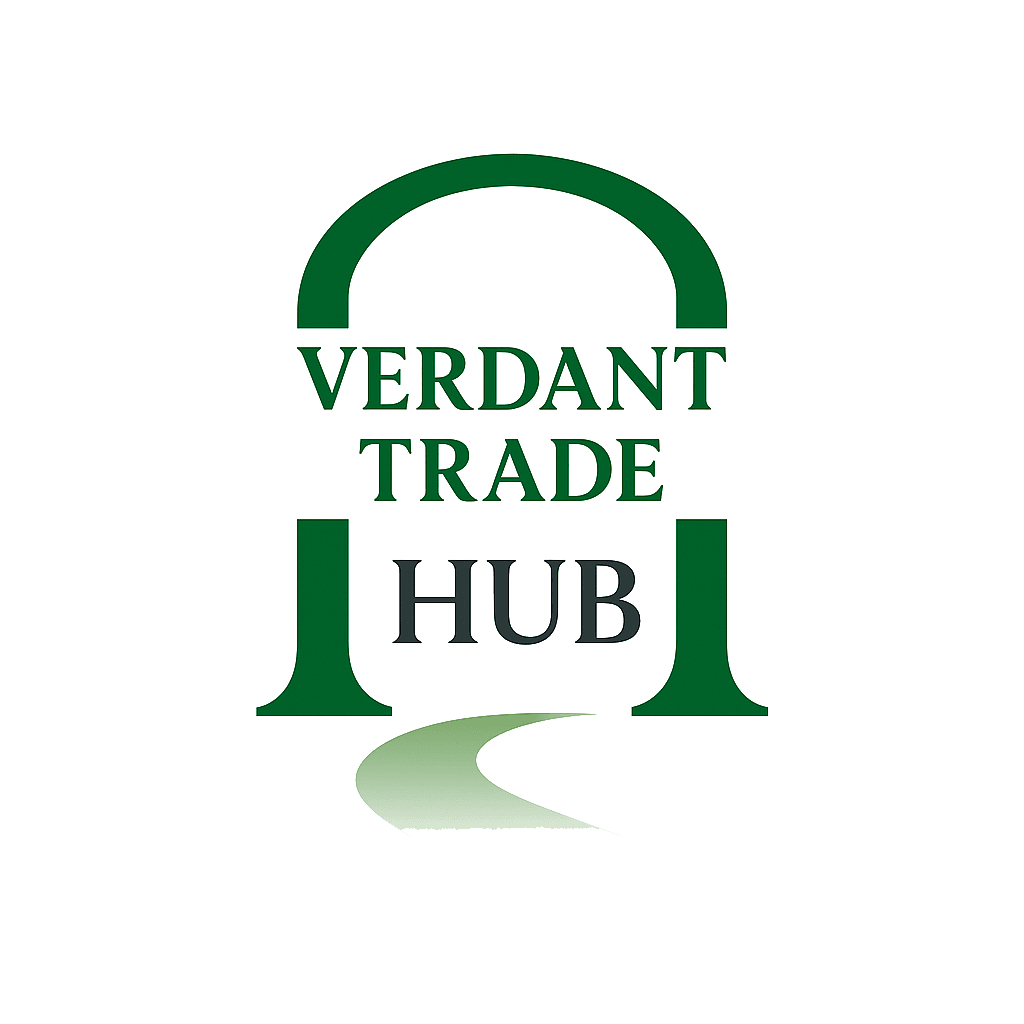Achieving Global Standards: Quality Assurance in African Agro-Produce
Introduction to Quality Assurance in African Agro-Produce
Africa's agricultural sector holds immense potential, not only for feeding the continent but also for supplying global markets. However, achieving global standards in quality assurance is crucial for export success. This article delves into the key aspects of ensuring quality in African agro-produce.

The Importance of Quality Assurance
Quality assurance is a vital component in the agricultural supply chain. It ensures that products meet international standards, enhancing their marketability. For African farmers, embracing quality assurance methodologies opens doors to new markets and increases profitability.
Adhering to quality standards can significantly reduce food safety risks. It builds consumer trust and ensures compliance with international regulations, which is essential for accessing lucrative markets such as the European Union and the United States.
Challenges in Achieving Global Standards
Despite the potential benefits, several challenges hinder the attainment of global standards in African agro-produce. These include inadequate infrastructure, limited access to modern technology, and insufficient training for farmers.

Logistical issues, such as poor road networks and limited cold storage facilities, can affect product quality. Moreover, many smallholder farmers lack the financial resources to invest in quality assurance systems.
Strategies for Improvement
Addressing these challenges requires a multifaceted approach. Governments and stakeholders must invest in infrastructure development to facilitate better logistics. Improving access to technology and providing training for farmers can also enhance product quality.
- Invest in modern farming equipment and practices.
- Implement robust training programs for farmers.
- Enhance infrastructure, particularly in rural areas.
Role of Technology in Quality Assurance
Technology plays a pivotal role in achieving quality standards. From precision farming to blockchain for traceability, technological advancements can help farmers monitor and improve their produce quality.

Blockchain technology, for instance, offers a transparent and tamper-proof way to track the journey of produce from farm to table, ensuring accountability and quality assurance throughout the supply chain.
Collaborative Efforts for Quality Enhancement
Collaboration between governments, private sectors, and international organizations is essential. By working together, these entities can create a supportive environment for quality assurance through policy frameworks, financial support, and technical assistance.
Public-private partnerships can also drive innovation and provide the necessary resources to implement quality assurance programs effectively.
Success Stories and Case Studies
Several African countries have made significant strides in improving agro-produce quality. For example, countries like Kenya and Ghana have seen success through targeted investments and policy reforms.

These success stories serve as blueprints for other nations aspiring to achieve global standards. They highlight the importance of commitment, investment, and innovation in the agricultural sector.
Conclusion
Achieving global standards in quality assurance is not just an option for African agro-produce; it's a necessity. By overcoming challenges and leveraging technology, African farmers can enhance their competitiveness in the global market, contributing to economic growth and food security.
